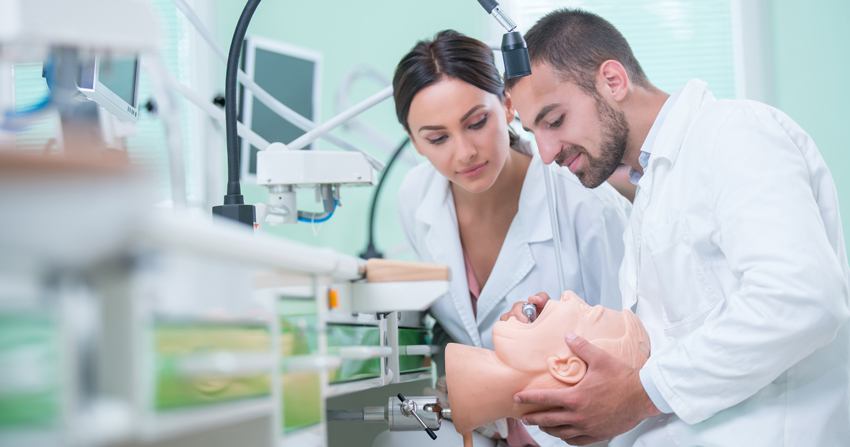High quality paediatric dentist in London gives some tips for children with Toothbeary? If you need a trusted children’s emergency dentist in London you can rely on to provide expert, friendly and urgent care for your child then we can help. We can usually provide same day emergency treatment for your child. Please call us on 020 8831 6870 as quickly as possible to request an emergency slot. What can you expect during an emergency visit: Your child will be treated just as we would expect our child to be treated in a dental emergency – with compassion, patience, understanding and a real calming influence. Our award winning specialist childrens dentist in Richmond helps hundreds of children every year with dental emergencies so we know all the tips and techniques to help them beat the pain and recover quickly. See more info https://www.toothbeary.co.uk/childrens-emergency-dentist-richmond-london.html.
Most children won’t have the motor skills to brush their teeth properly until they’re around eight years old. Be sure to supervise their brushing and check the surface of the teeth afterwards. Whilst they are brushing, make sure they do not swallow toothpaste. If you feel they have missed a spot, encourage them to go over the area again. Take your child to the dentist for the first time when their very first tooth starts coming through. Every six months thereafter, try to keep on top of their dental health, unless an issue arises such as teeth grinding or a lisp. Scheduling appointments from an early age will familiarise your child with the dentist in a non-threatening way and builds trust.
Ditch the Pacifier by Age 2 or 3: There are lots of good reasons to let your child use a pacifier, but in the long term it can affect how his teeth line up. It can also change the shape of the mouth. Talk to your doctor if he’s still using a pacifier past age 3.
Teach kids to brush twice a day. Brushing with a fluoride toothpaste can help build strong tooth enamel and prevent cavities. Establish daily routines that include morning and bedtime brushing. Schedule regular dental checkups. Regular dentist visits are another great habit to start forming early. Baby teeth affect your child’s nutritional intake and speech development, so early checkups are very important. Encourage drinking water. Sugary drinks like fruit juice and soda often contribute to early tooth decay. Cavity-causing bacteria love to eat sugar, but water rinses the bad bacteria away.
Summer dental tip : Don’t Overdo Snacks: It’s only natural to want to make sure your children are getting enough to eat. However, make sure that you aren’t giving your children too many snacks throughout the day. Believe us when we say your children will let you know when they’re hungry. When they sound the alarm, then you can bring out the snacks. An experienced pediatric dentist can give you suggestions for healthy snacks.
Schedule your child’s first dental appointment before their first birthday or after his or her first baby tooth is visible, whichever comes first. This visit is like a well-baby visit with your pediatrician. As kids grow up, their oral hygiene habits should grow with them. Kids have all their baby teeth by the age of 3. These are called primary teeth. Baby teeth start falling out around age 6; that’s when the permanent, or adult, teeth start coming in. Gaps between baby teeth are normal. They make room for the permanent teeth. Most permanent teeth come in by age 13.
Let Your Kid Pick His Own Toothbrush: It is customary to change toothbrush at least every three months. This is to make sure that the bristles maintain their scrubbing ability and bacteria don’t accumulate in the brush. You can make this a fun experience by letting your kid choose his own toothbrush. You can opt for movie character themed toothbrush or an electric toothbrush that’s known to be a kiddy favourite. When it comes to choosing toothpastes, make sure that you pick kid-friendly ones that’s not too harsh on the mouth or too minty for the child. Kid-friendly toothpaste often have fruity sweet flavors and are mild to gums.
Our unique approach to treating your child is designed to build trust and confidence through positive experiences, allowing us to promote and reinforce good oral hygiene habits whilst instilling the need to care for your teeth. Dedicated to getting to know your child and not just their symptoms, we aim to learn about any of their inhibitions, anxieties or fears in order to assess which of our methods is best for them. Our treatment methods include, but are not limited to “tell – show – do”, desensitisation, hypnotherapy, nitrous inhalation and I.V. / nasal sedation. Discover extra info toothbeary.co.uk.
